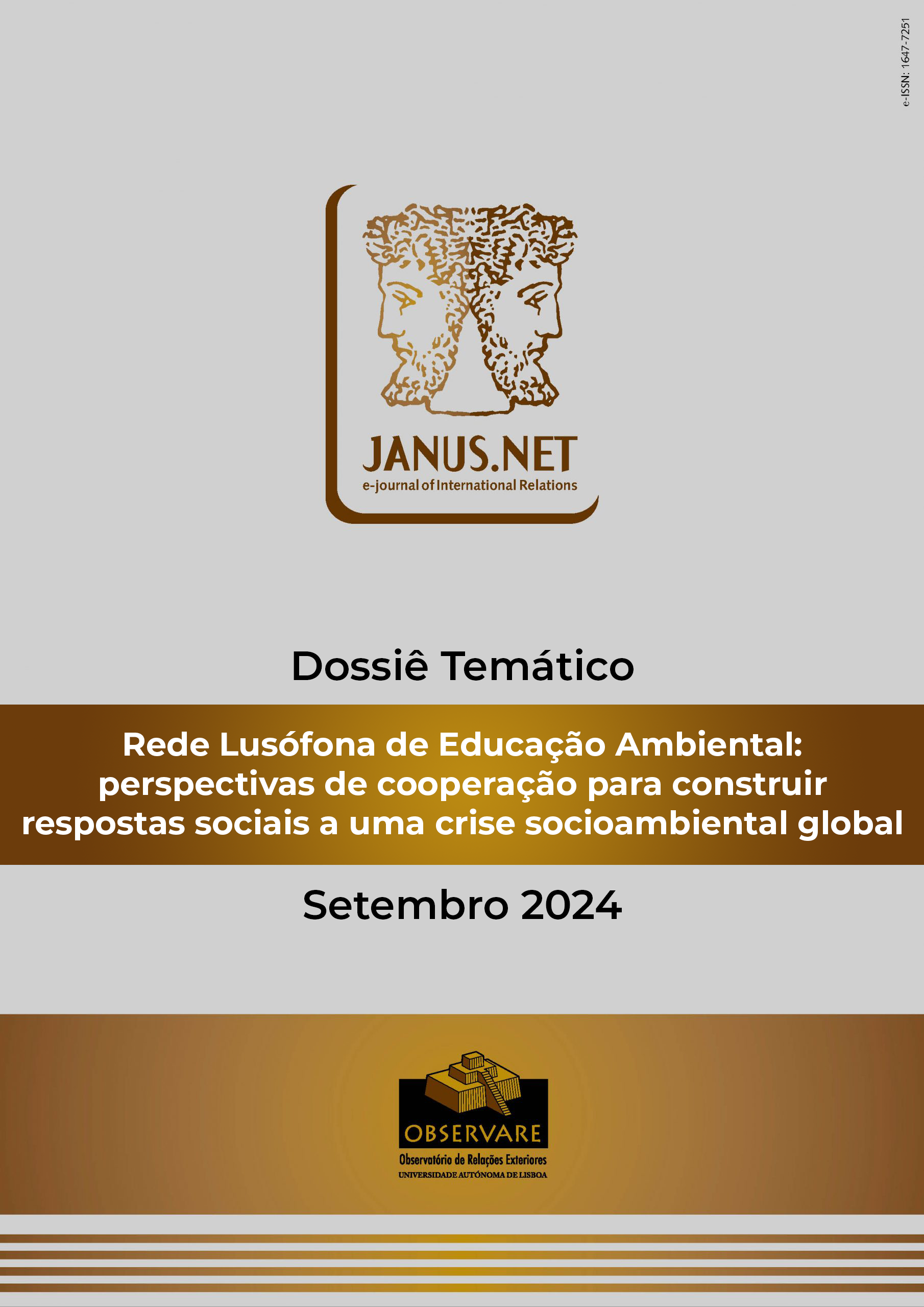BRAZILIAN BIOMES AND ENVIRONMENTAL EDUCATION: POTENTIALS FOR THE SCIENTIFIC AND ECOLOGICAL FORMATION OF HIGH SCHOOL STUDENTS
DOI:
https://doi.org/10.26619/1647-7251.DT0224.1Palavras-chave:
Meio ambiente, Biodiversidade, Pampa, Amazônia, PantanalResumo
Os resultados de estudo realizado pelas autoras indicam que o conteúdo biomas brasileiros não recebeu a devida atenção, no período 2015-2019, na prova de Ciências da Natureza e suas Tecnologias, no Exame Nacional do Ensino Médio (ENEM), possibilitando inferir que esses são considerados conteúdo secundário nessas avaliações. Isso pode impactar a formação científica dos estudantes e o desenvolvimento de competências que potencializam a ideia de pertencimento a um determinado local, em espaço e tempo definidos. Nas discussões educacionais, políticas, culturais e sociais, os biomas estão em foco e são entendidos como imprescindíveis à conservação da biodiversidade da Terra. Todos esses aspectos dizem respeito à educação ambiental e à formação ecológica das pessoas. Nesse estudo, de abordagem qualitativa, relata-se uma atividade de intervenção pedagógica realizada com uma turma de estudantes do Ensino Médio, de uma escola de Educação Básica brasileira, ao abrigo de uma pesquisa de mestrado. A atividade dos estudantes consistiu na elaboração de seis infográficos contemplando cada um dos biomas brasileiros. Elaborados a partir de pesquisa bibliográfica, os infográficos impressos em formato de poster ficaram expostos em sala de aula como recurso didático e motivacional. Pretendeu-se contribuir com a formação científica e ecológica dos estudantes, principalmente no que diz respeito à consciência de que o conhecimento relativo aos biomas é fundamental à sua preservação. Procurou-se dar destaque à manutenção do patrimônio genético das espécies, à necessidade permanente de cuidados com o solo e com a água, assim como a conservação das florestas, imprescindíveis à regulação das chuvas e do clima do Planeta. Conclui-se que a abordagem apropriada dos biomas poderá ser útil para a educação científica e ecológica dos estudantes, devendo ter um lugar central na educação básica, não se constituindo uma opção, mas uma responsabilidade que deve ser assumida com urgência.


